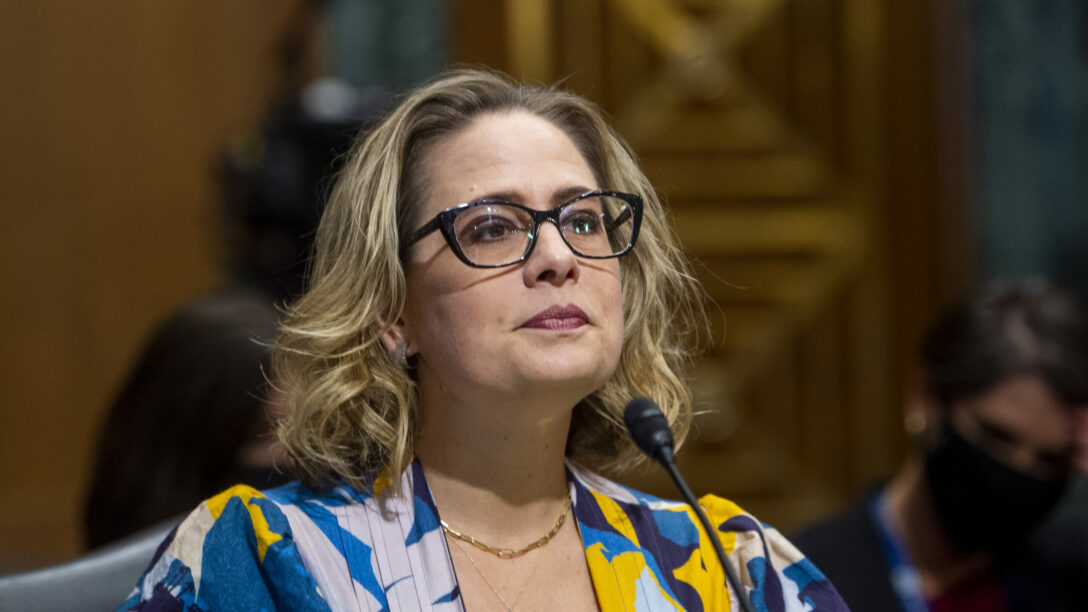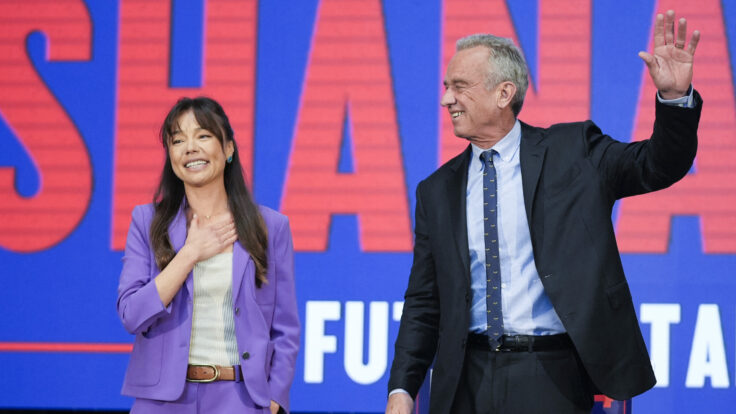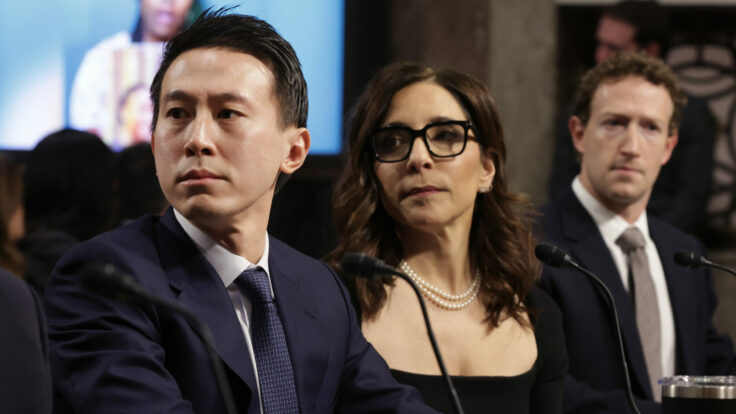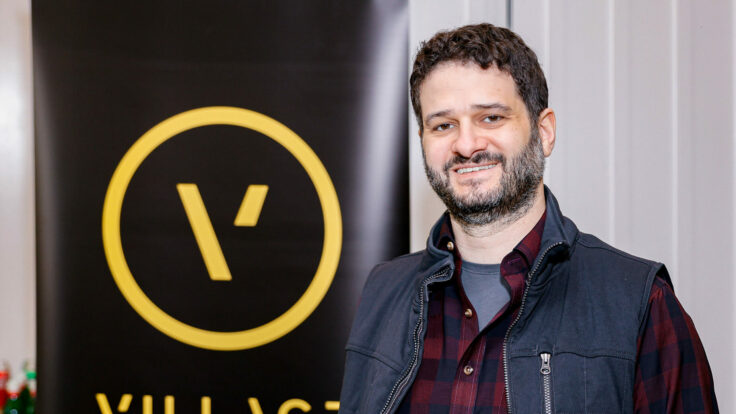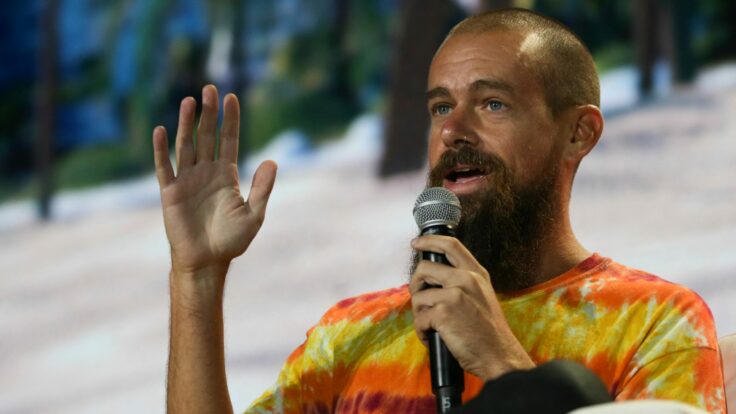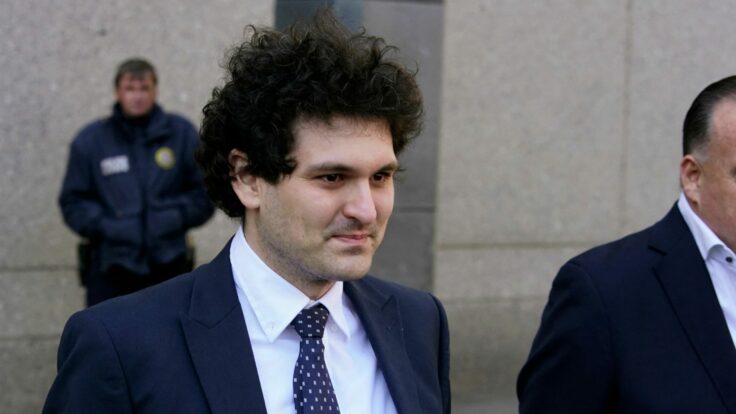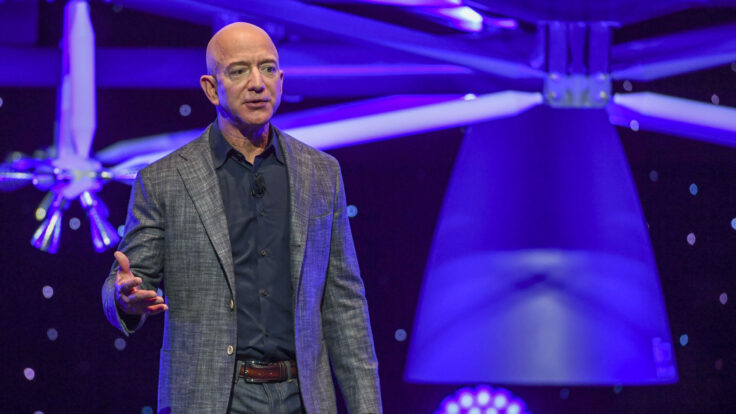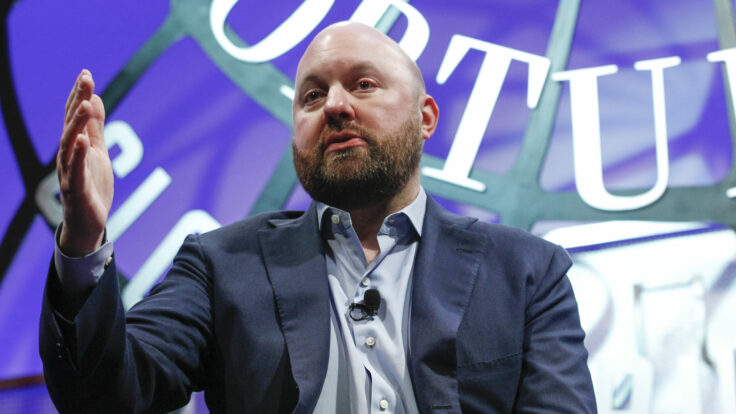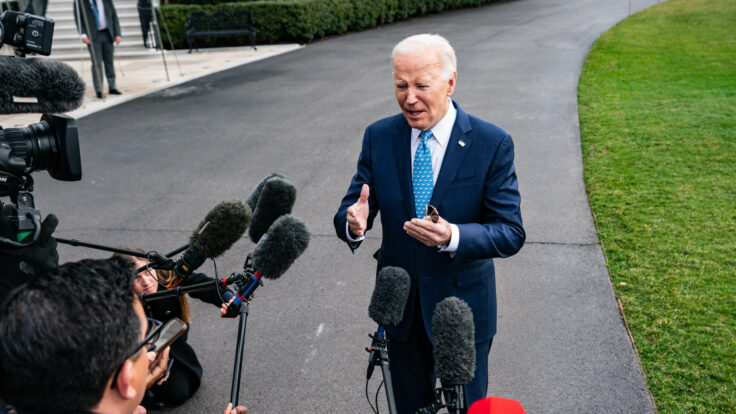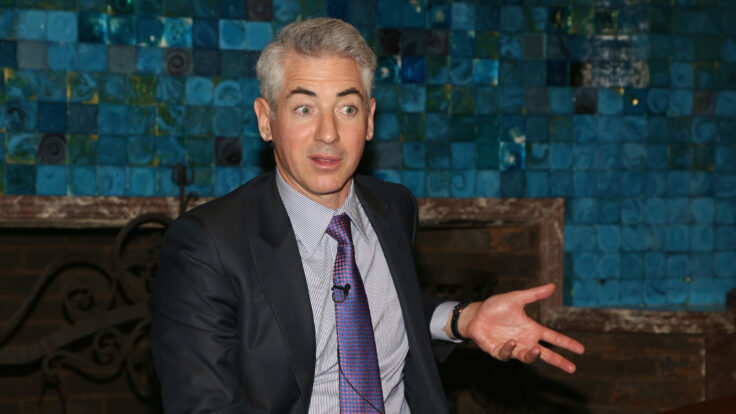The bull-market bonanza has done more than just make the wealthy wealthier over the last decade. It has also supercharged the asset value of many Silicon Valley charities, which often invest their endowments in their founders’ company stock. There is no better exemplar of this trend than Elon Musk, whose personal foundation assets—much of which is likely Tesla stock—almost quintupled in value from summer 2019 to summer 2020, from $207 million to $930 million. Foundations invest in asset classes of all types, and if a donor makes a contribution in their company stock, foundations don’t have any obligation to diversify. I hear Tesla has been doing pretty well.
The soaring value of charitable endowments challenges the critics of the billionaire class. It’s true that Musk, for instance, hasn’t focused much on philanthropy, historically. But isn’t it better for a founder’s long-term ability to fund good works to single-mindedly maximize the value of his or her company? That’s an argument I hear all the time, although it strikes me as an all-too-convenient, ex post facto rationalization. Why not both? Would Tesla stock really suffer if Musk spent more time building out his foundation’s laughably-nonexistent website or adding to his staff, which currently has zero full-time employees? (Clearly he has plenty of time for Twitter.)
